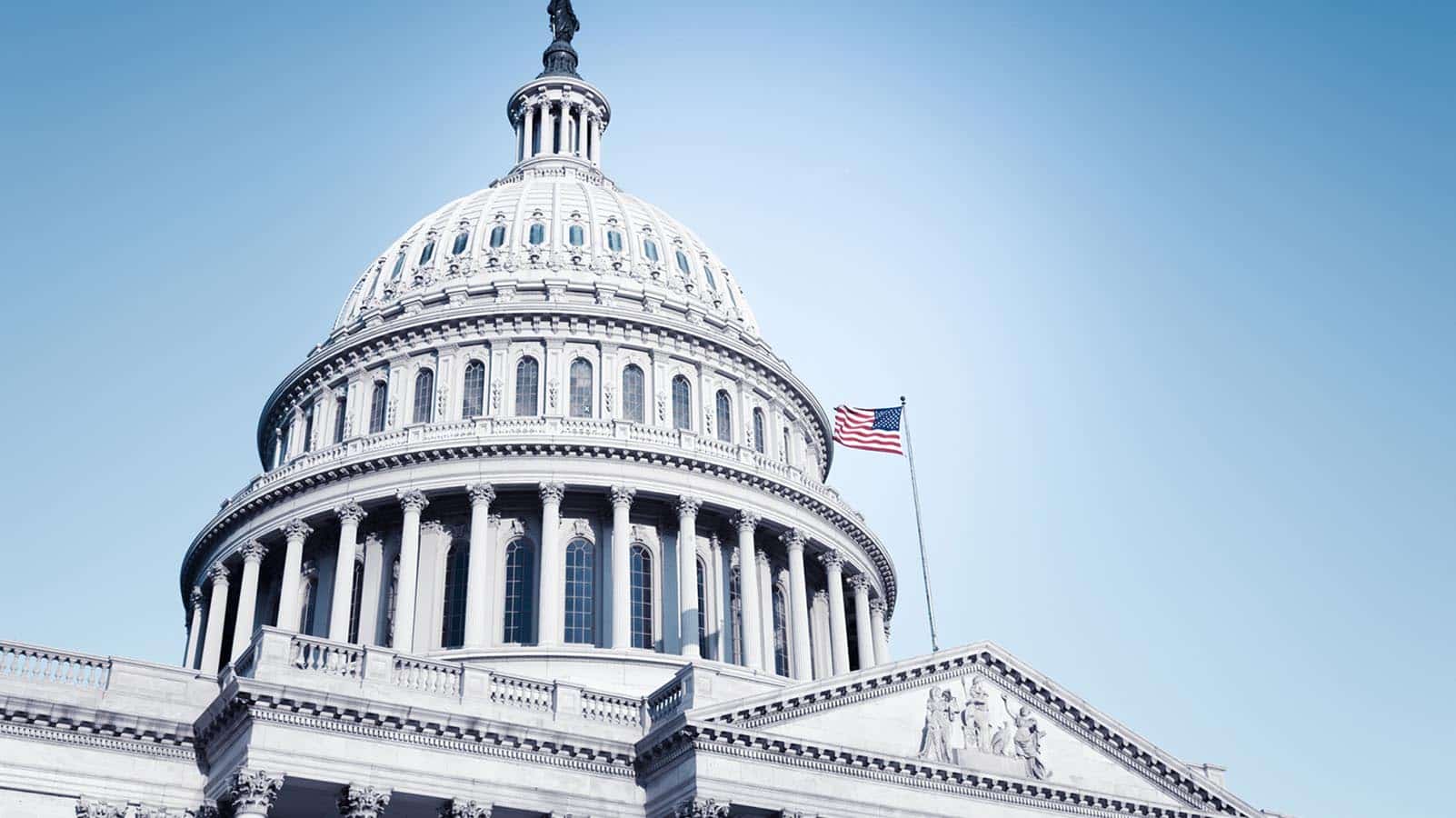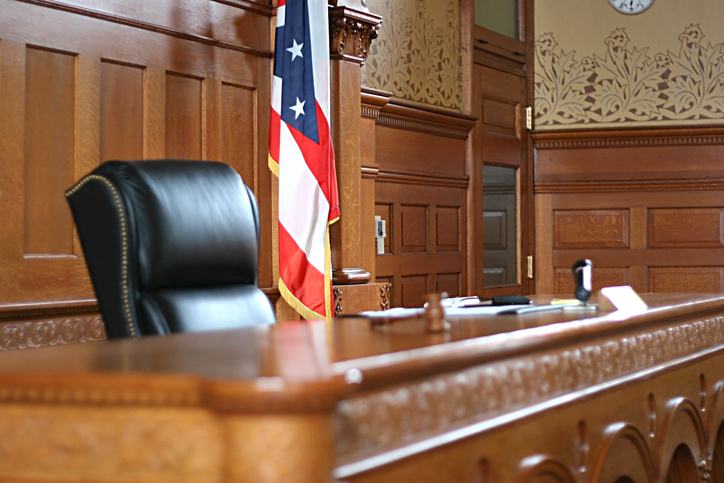May 15, 2025

This information is provided for educational purposes only by Kohn, Kohn & Colapinto and does not constitute legal advice. No attorney-client relationship is created by accessing this content. Laws and regulations may change, and this material may not reflect the most current legal developments. If you believe you have a whistleblower claim, consult a qualified attorney to discuss your specific circumstances.
Several federal laws permit federal employees to submit disclosures regarding violations of law or abuses of authority committed by the President of the United States or other presidential appointees.
Yes. Executive Order 12731 requires all federal employees to report violations of law, corruption, and abuses of authority to the “appropriate authorities.” The Order states as follows: “Employees shall disclose waste, fraud, abuse, and corruption to appropriate authorities.”
This Executive Order makes such disclosures mandatory, but the EO is rarely enforced.
What laws protect federal employees from retaliation?
Numerous laws cover federal employee whistleblowers. These laws often include specific departments within the federal government or cover specific forms of disclosure. The below list covers the significant laws protecting federal employees:
The Whistleblower Protection Act permits federal employees, (or any other person), to report allegations that the President or other government officials violated the law or abused their authority. The Office of Special Counsel handles these complaints. The two agencies responsible for administering the Whistleblower Protection Act, the Office of Special Counsel and the Merit Systems Protection Board websites have information on their websites regarding the law. Regarding the Whistleblower Protection Act, See Whistleblower Protections for Federal Employees.
The Lloyd-LaFollette Act permits all federal employees to communicate information that is a matter of public concern to Congress or any Member of Congress.
The Intelligence Community Whistleblower Protection Act permits all members of the intelligence community, (including CIA, NSA, DNI, or military intelligence officials), to disclose information regarding violations of law or abuses of authority to an agency Inspector General or the Intelligence Committees of the House or Senate.
What about whistleblower rights for employees within the intelligence community?
The Intelligence Community Whistleblower Protection Act, 50 USC. § 3234, defines a protected whistleblower disclosure in a precise fashion.
First, “any employee of a covered intelligence community element,” such as the CIA or the NSA, may make a report to any of the following persons: “the Director of National Intelligence (or an employee designated by the Director of National Intelligence for such purpose), the Inspector General of the Intelligence Community, the head of the employing agency (or an employee designated by the head of that agency for such purpose), the appropriate inspector general of the employing agency, a congressional intelligence committee, or a member of a congressional intelligence committee.”
Second, the whistleblower does not need to have definite proof of the violation, but only needs to “reasonably believe” that his or her information “evidences” violations covered under the law.
Third, the type of misconduct or violations covered under the whistleblower law for which disclosures may be made are defined as follows:
“(1) a violation of any Federal law, rule, or regulation; or
“(2) mismanagement, a gross waste of funds, an authority, or a substantial and specific danger or safety.”
Disclosures made within these parameters are protected, and the law prevents retaliation. However, the enforcement mechanism for this law is very weak and does not permit the employee to challenge retaliation in court. Additionally, under the law, the ultimate authority responsible for protecting intelligence community whistleblowers is the President of the United States.
In addition to the whistleblower protection law, President Obama signed a Presidential Directive setting forth procedures for protecting national security/intelligence community whistleblowers. See https://kkc.com/wp-content/uploads/2020/06/intelligence_presidential-policy-directive-19-oct-10-2012.pdf.
The website of the Director of National Intelligence contains an explanation of the rights afforded Intelligence Community whistleblowers.
What law did the whistleblower whose disclosure regarding president trump and his discussion with the president of Ukraine use to report his whistleblower allegations?
The whistleblower who filed an “urgent concern” regarding communications President Trump had with the President of Ukraine used a special law officially known as “Whistleblower Protections for Intelligence Community Employees Reporting Urgent Concerns to Congress.” These laws are contained in Title VII of Public Law 105-272, and were signed into law on October 20, 1998 and the Inspector General Act, 5 USC. App. 8H.
The law created authorized procedures for Intelligence Community employees to report “urgent concerns” to Congress. Employees must first submit their concern to the appropriate Inspector General, and thereafter procedures are established for the employee’s complaint to be provided to the Intelligence Committees of the House or Senate. The law defines what an “urgent concern” is and sets forth very specific requirements for both the employees and the Inspectors General for making the reports. The relevant procedures are explained on the website of the Director of National Intelligence. This website also contains a detailed “summary” of the mandatory procedures outlined in this law.
What if I signed a non-disclosure agreement or gag order?
Nondisclosure agreements that prevent federal employees from reporting gross waste, fraud, abuses of authority, or violations of law to appropriate authorities are illegal and void. The Whistleblower Protection Act, which covers most federal employees, prohibits nondisclosure agreements that prohibit disclosures to Congress and/or an Inspector General. Also, federal budget law prohibits the use of any federal monies to implement nondisclosure agreements that prohibit the right of employees to report fraud, corruption or violations of law to Congress or an Inspector General. Section 744 of the budget act states as follows:
No funds appropriated [by Congress] . . . may be used to implement or enforce . . . any . . . nondisclosure policy, form, or agreement if such policy, form, or agreement does not contain the following provisions: ‘These provisions are consistent with and do not supersede, conflict with, or otherwise alter the employee obligations, rights, or liabilities [concerning the right to communicate to] Congress . . . [or] an Inspector General [regarding a] violation of any law, rule, or regulation, or mismanagement, a gross waste of funds, an abuse of authority, or a substantial and specific danger to public health or safety.”
Regarding reporting allegations that may be classified, any nondisclosure agreement must “make it clear that [the nondisclosure agreement does] not bar disclosures to Congress, or to an authorized official of an executive agency or the Department of Justice, that are essential to reporting a substantial violation of law.”
If I am a federal employee and want to blow the whistle on the president or presidential appointee, what should I do?
Proceed with extreme caution and hire an expert whistleblower lawyer. Laws protecting federal employees are notoriously weak and often very complex. Generally speaking, laws protecting federal employees are not as strong as those covering private-sector employees. Most of the laws do not permit federal employees to have jury trials, and some prevent any judicial review whatsoever.
David Colapinto, whistleblower attorney at Kohn, Kohn & Colapinto, testified in front of the House Subcommittee about the importance of protecting federal whistleblowers. Read his testimony: “Hearing on the Importance of Federal Whistleblowers”
Where do I file my whistleblower claim?
Whistleblower claims under the FCPA are initially filed with either the Securities and Exchange Commission or the Commodity Futures Trading Commission. Information on filing under these laws can be found below:
Where can I learn more about the FCPA?
The international scope of U.S. whistleblower laws was discussed at the international Offshore Alert Conference held in November 2019 in London.
Qui tam attorney Stephen M. Kohn’s presentataion in Sarajevo, Bosnia concerning the scope of the FCPA was videotaped and can be accessed on the right side of this page.
Our Firm’s Cases

Contract Fraud Exposed
Dr. Tommie Savage, a seasoned contracting officer at the Army Corps of Engineers, uncovered a web of systemic corruption within the agency's Huntsville, Alabama contracting office. Her unwavering commitment to ethical government practices led to a relentless campaign of retaliation that would test her resilience and courage.

Qui Tam Victory
Whistleblower Bryan Swanton's qui tam lawsuit led to a $625,000 settlement against Instec Inc. for falsely claiming its Chinese-made scientific instruments were manufactured in the U.S. to secure government contracts.

Lives Saved
Dr. Aaron Westrick filed a False Claims Act lawsuit against Toyoba, the manufacter of Zylon fiber, a material that degraded over time, which put thousands of lives in American police departments, federal law enforcement agencies, and the U.S. military at risk.





